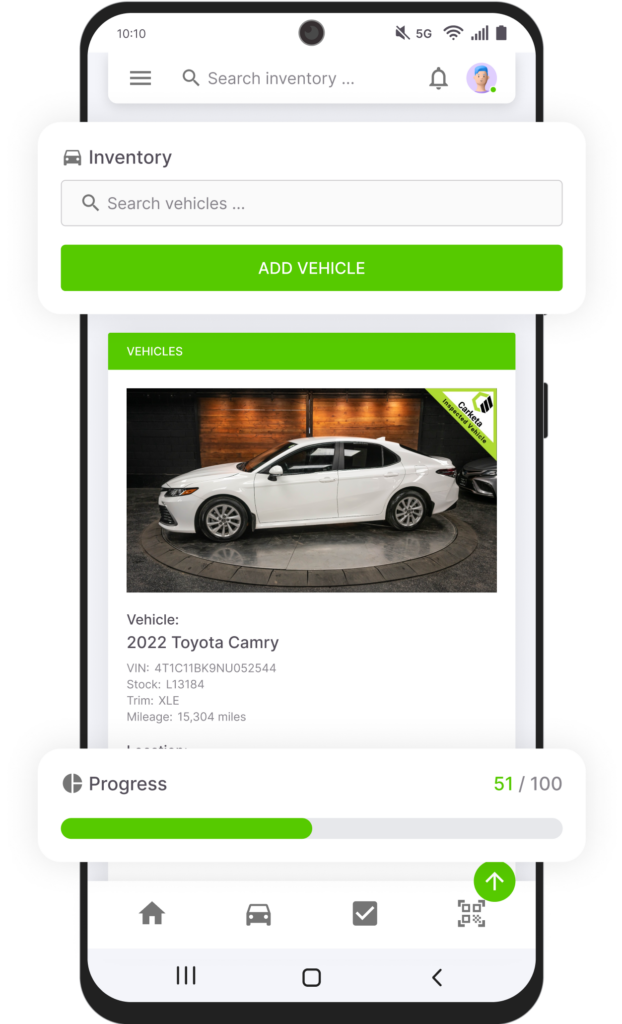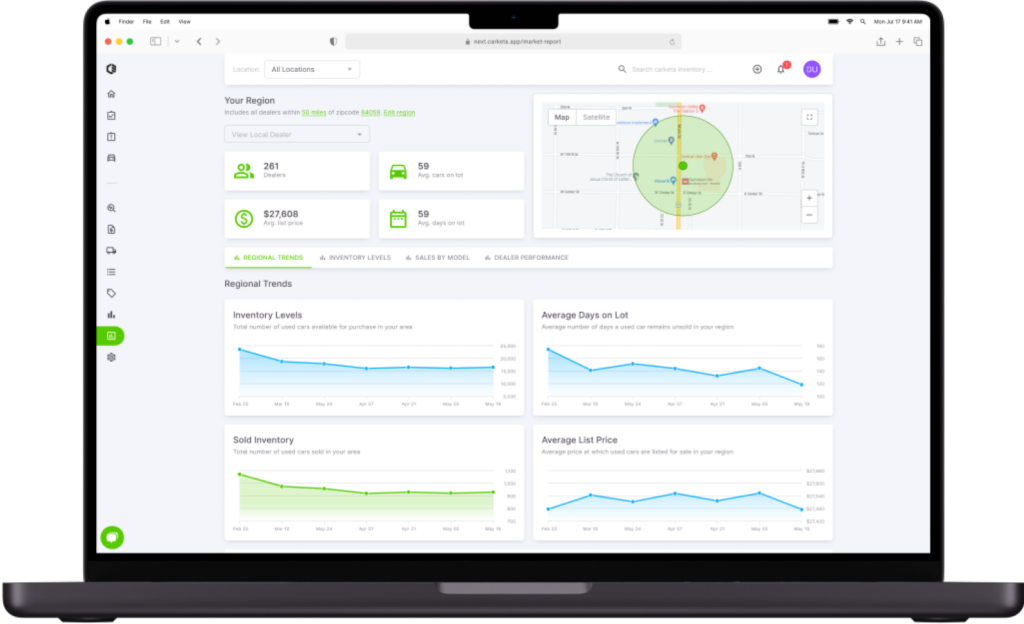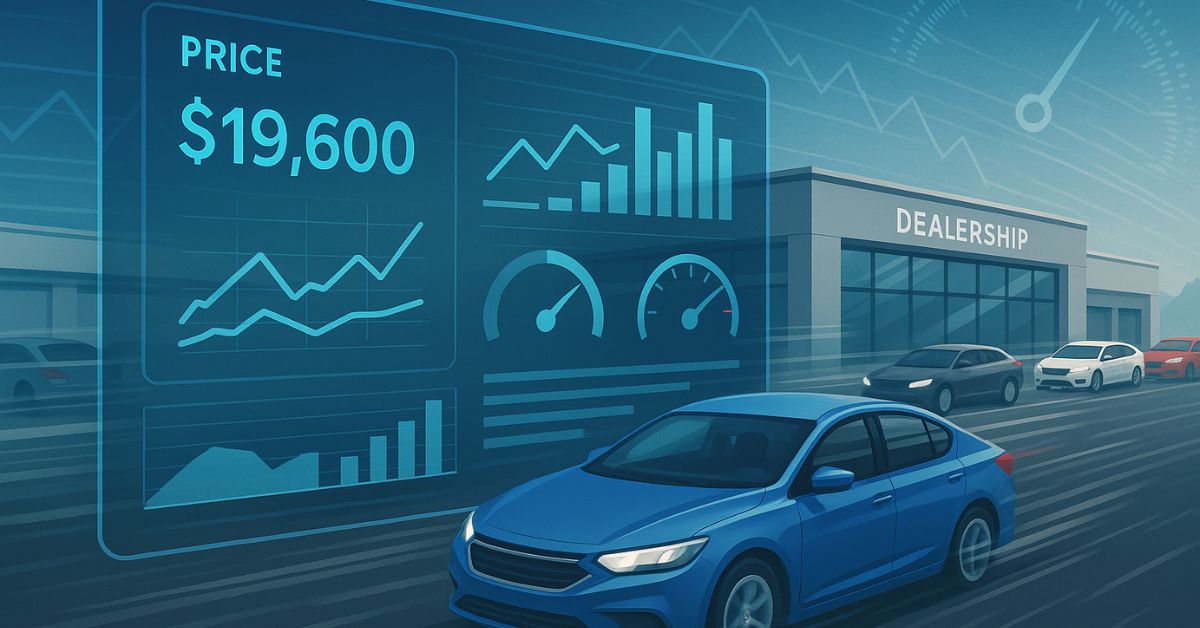Introduction to Dealer Management Systems (DMS)
The automotive industry is competitive, and car dealerships—especially small, used car dealerships—need every advantage to succeed. That’s where a Dealer Management System (DMS) steps in. This powerful software suite provides tools for inventory management, CRM, sales, finance, and reporting, all in one place. For dealers, the right DMS can save time, reduce costs, and boost profitability by streamlining daily operations and helping the team make smarter, data-driven decisions.
In this article, we’ll explore the core functions and benefits of a Dealer Management System and why it’s an invaluable tool for modern dealerships, especially those managing small or used car lots. We’ll also look at the essential features to seek in a DMS and offer guidance on choosing the best solution for your dealership.
The Importance of DMS for Small and Used Car Dealerships
Small and used car dealerships face unique challenges. Limited budgets, smaller teams, and fluctuating inventory all add complexity to the business. A Dealer Management System addresses these challenges directly, automating and simplifying everyday tasks like tracking inventory, processing transactions, and managing customer relationships.
Key Benefits of a DMS for Small Dealers:
- Inventory Control: Maintain real-time insights on inventory levels, pricing, and aging stock.
- Customer Relationship Management (CRM): Track leads, follow-up tasks, and communication history with each customer, improving retention and conversions.
- Time and Cost Savings: By consolidating tasks under one system, a DMS reduces the need for manual work, freeing up staff for high-impact activities.
- Data-Driven Decision Making: With reporting and analytics, a DMS enables dealers to monitor key metrics, optimize processes, and make better-informed decisions.
Core Features of a DMS
A robust Dealer Management System comes with several core features tailored to the needs of car dealerships. For small or used car dealers, these features make managing every aspect of the business more efficient.
1. Inventory Management



- Real-Time Tracking: Easily monitor stock levels, sales velocity, and aging inventory to keep popular models in rotation.
- Vehicle Information and Photos: Quickly add, update, or remove listings with high-quality photos and details to attract buyers.
- Pricing Optimization: Access market data to price vehicles competitively and keep your lot moving.
2. Customer Relationship Management (CRM)
- Lead Management: Track potential buyers, assign follow-up tasks, and manage the sales funnel.
- Automated Communications: Send personalized email campaigns, follow-up reminders, and updates to keep leads warm.
- Customer Profiles: Store customer details and preferences, which allows for better-targeted marketing efforts.
3. Sales and Financing Integrations
- Digital Deal Structuring: Create deals with financing and trade-in values, providing buyers with flexible payment options.
- Payment Tracking: Easily track down payments, finance plans, and outstanding balances to stay organized and accurate.
- E-Signatures and Paperless Documentation: Simplify the paperwork process, saving time and reducing error with digital document signing.
4. Reporting and Analytics

- Sales and Profitability Tracking: Monitor each vehicle’s performance, profit margin, and time on the lot.
- Customer Insights: Understand buying patterns, popular models, and customer demographics for smarter inventory choices.
- Performance Metrics: Access metrics to track team performance, conversion rates, and lead sources, helping you refine marketing and sales efforts.
How to Choose the Right DMS for Your Dealership
With so many options on the market, selecting the right DMS for your dealership is essential. Here’s how to evaluate options based on your dealership’s unique needs:
- Assess Your Dealership’s Size and Scope: If you’re a small used car dealer, look for a system that doesn’t overwhelm with too many complex features but still provides essential tools for CRM, sales tracking, and inventory management.
- Focus on User-Friendliness: A user-friendly DMS will require less training, making it easier to adopt across the team and reducing any learning curve.
- Consider Integration Needs: Ideally, the DMS should integrate with your other tools, such as accounting software or lead-generation platforms, for streamlined data flow.
- Prioritize Scalability: Your dealership may expand in the future, so investing in a scalable solution will allow the DMS to grow with your business.
- Look for Responsive Support: Technical support is essential, especially if you’re adopting a new system. A reliable support team can make all the difference in setup and troubleshooting.
The Long-Term ROI of Investing in a DMS
Investing in a Dealer Management System is a long-term decision that yields a strong return. Here’s how a DMS directly impacts profitability:
- Reduced Operational Costs: By eliminating manual tracking and repetitive tasks, your team can focus on higher-impact activities, saving time and reducing payroll expenses.
- Faster Sales Cycles: Streamlining communication, lead tracking, and financing increases the chances of closing deals quickly, bringing in revenue faster.
- Improved Inventory Management: Real-time tracking and data analytics allow you to move inventory faster, avoid overstocking, and price vehicles more competitively.
- Enhanced Customer Satisfaction: With a robust CRM, your dealership can personalize each customer experience, improving retention and referrals.
Real-World Case Study Example:
A small used car dealership adopted a DMS and saw a 20% increase in sales over six months. By tracking leads, automating follow-ups, and pricing vehicles based on market data, they increased their sales velocity and reduced inventory aging by 15%.
Integrating a DMS with Other Dealership Tools
While a DMS offers an all-in-one solution for dealership management, integration with other specialized tools can further enhance your operations:
- Accounting Software: Integrating accounting tools helps manage expenses, track cash flow, and calculate profitability on each sale.
- Mobile Apps: Mobile apps connected to your DMS allow remote access to inventory and CRM functions, keeping you informed and accessible from anywhere.
- Marketing and Lead Generation Platforms: Syncing with your marketing tools lets you track campaigns and source data on customer demographics and buying preferences, enhancing lead quality.
Linking your DMS with these tools ensures that your dealership operates smoothly, with up-to-date information across every department.
Conclusion: Why a DMS is Essential for Small and Used Car Dealerships
A Dealer Management System is a must-have for any dealership looking to improve operations, reduce costs, and boost profitability. From inventory management to CRM, financing integrations, and analytics, a DMS provides small and used car dealerships with everything they need to thrive in a competitive industry. Investing in a DMS helps streamline your day-to-day operations, increases customer satisfaction, and enables your team to focus on growth.
Explore related articles to learn more about software solutions for car dealerships:





